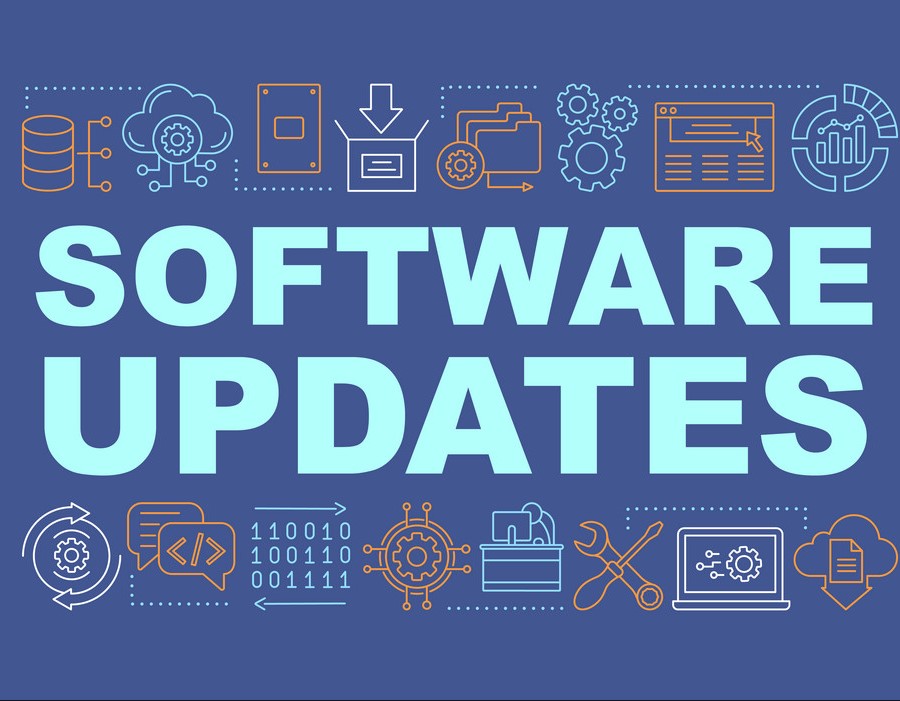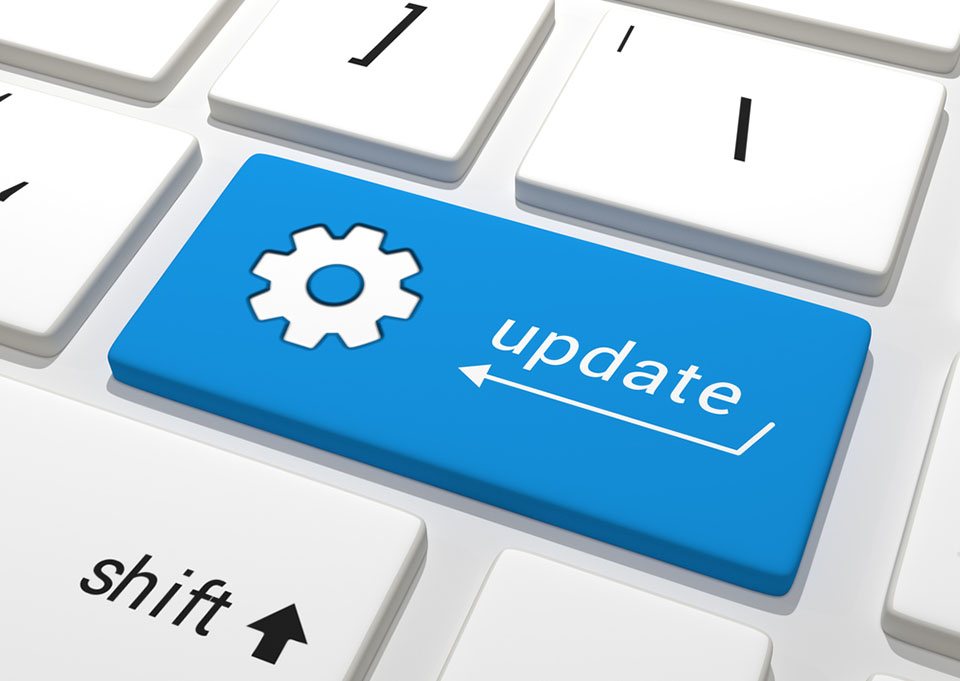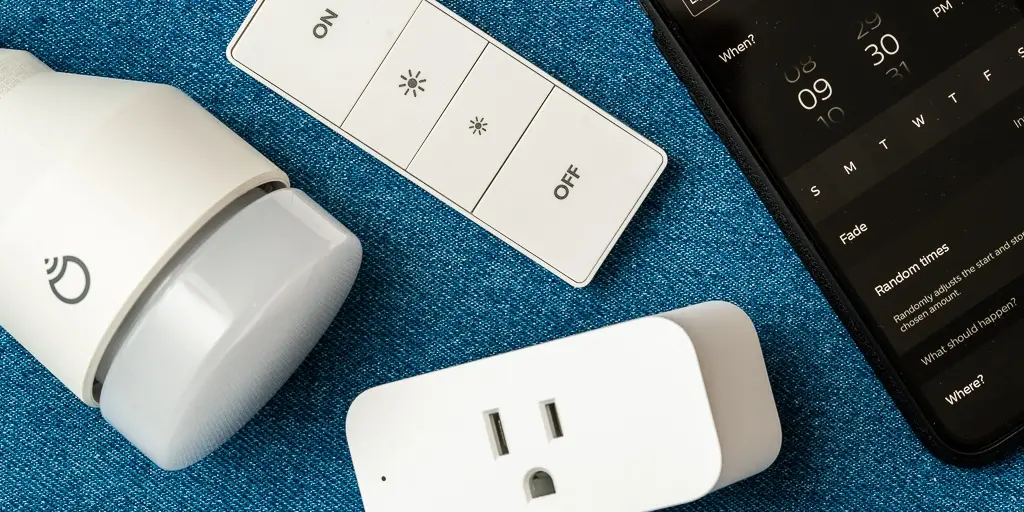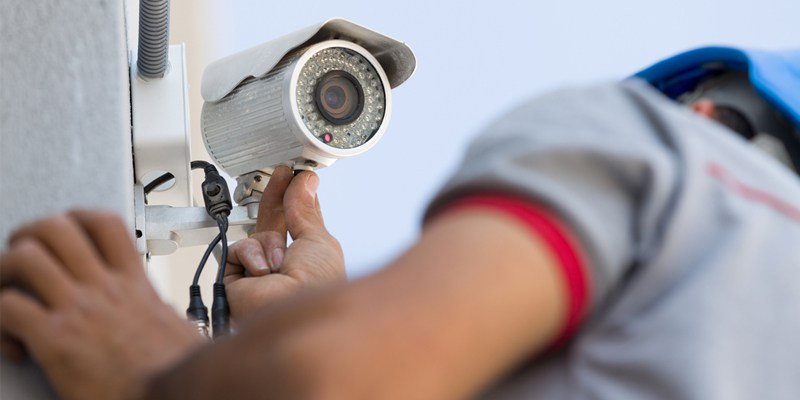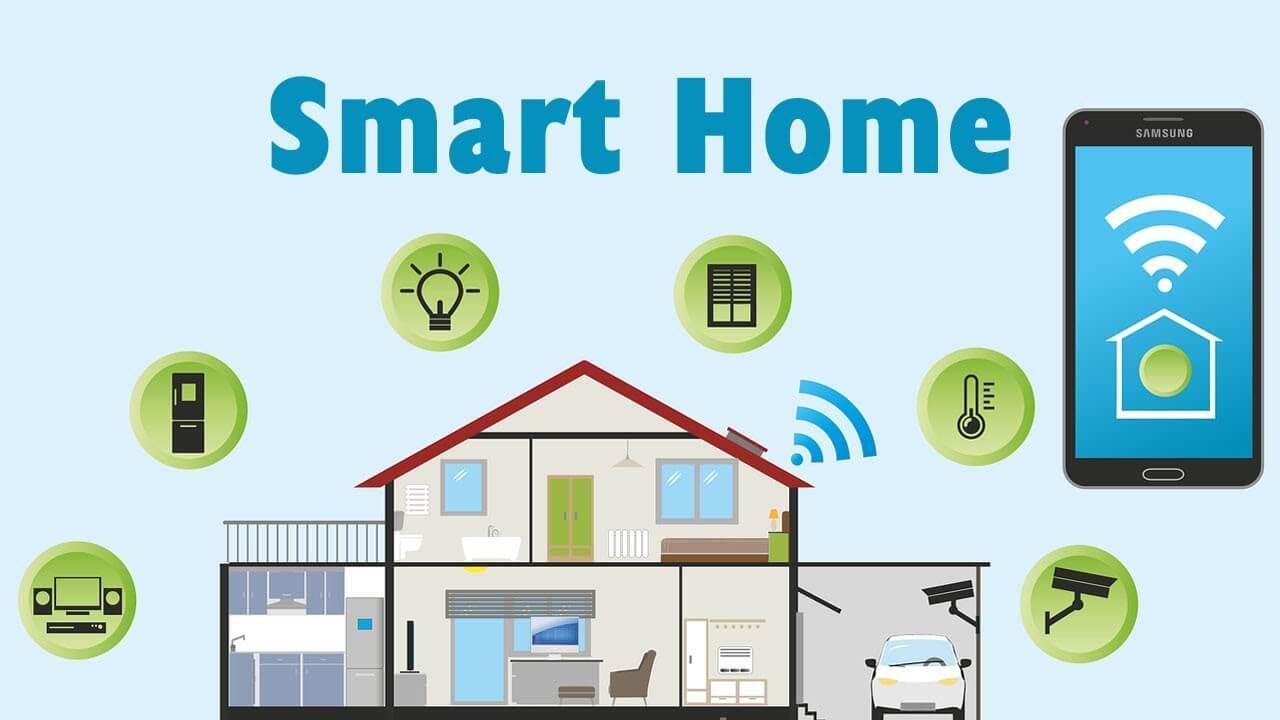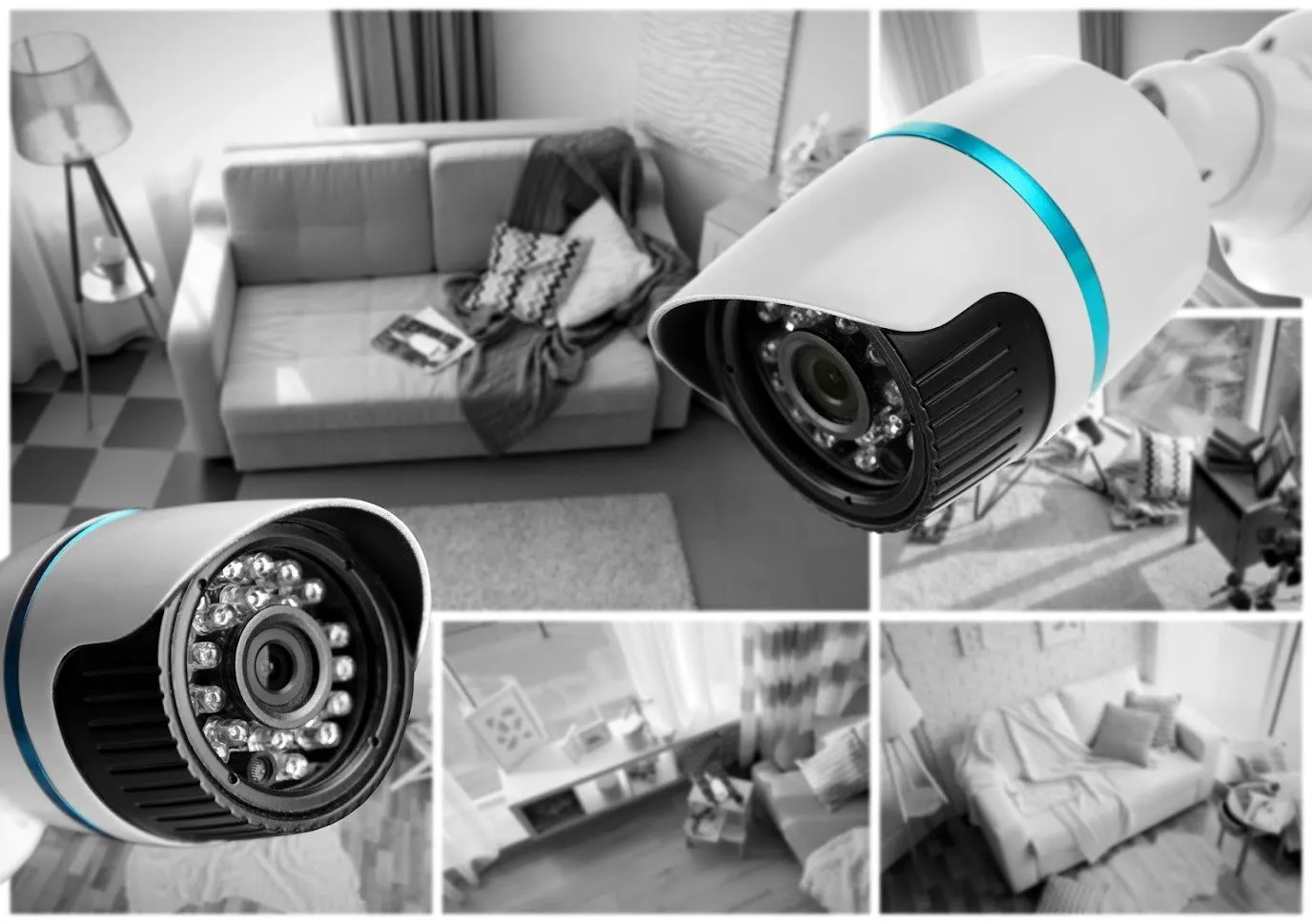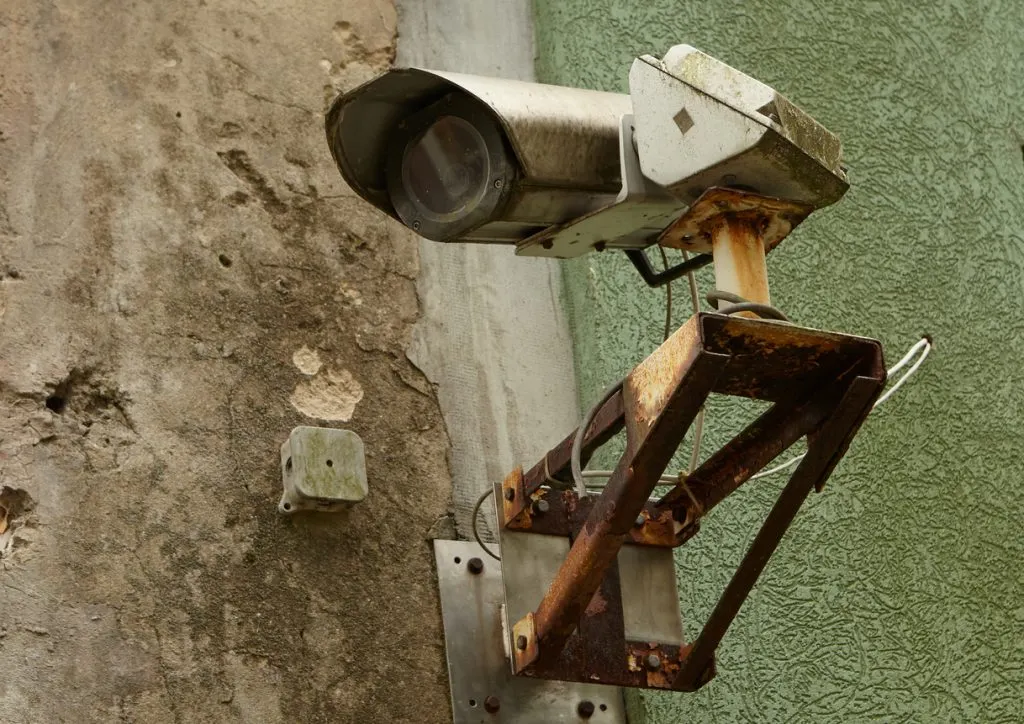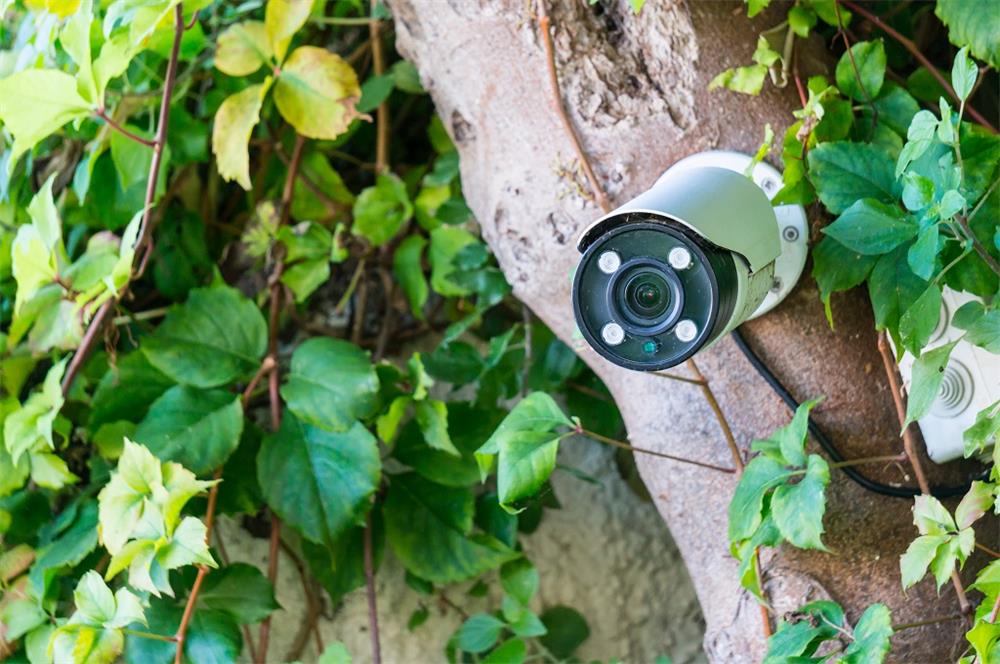Contents
The Importance of Regular Security System Upgrades
The Case for Improvement
In today’s world, security is of utmost importance to everyone. Whether you’re an individual or a business owner, you have assets that need protection.
Criminals are constantly evolving their tactics and methods to infiltrate security systems and cause harm. This makes it essential for all of us to be vigilant, keep our guard up and step up our game by upgrading our security systems on a regular basis.
Upgrading your security system is not just about adding new features or making it more sophisticated than before; it’s about keeping up with the latest developments in the industry. Regular upgrades ensure that your security system stays ahead of potential threats, and continues to provide enhanced protection for all your valuable assets.
Why Regular Upgrades are Necessary
As technology evolves at a breakneck pace, so do the threats that come along with it. Therefore, regular upgrades are necessary to stay ahead of these threats.
If you’re using an outdated security system, you’re putting yourself at risk by leaving yourself open to attacks from hackers who can exploit weaknesses in your system. Regular upgrades also help improve the overall functionality and performance of your security system.
Newer versions of software and hardware often have improved features that can make them easier to use while providing better coverage and protection. In addition, regular upgrades can increase reliability while reducing downtime caused by system failures or malfunctions.
By implementing regular maintenance procedures and software updates, you can minimize the risks associated with cyber-attacks or other types of system failures. Ultimately, upgrading your security systems regularly could save you time, money and headaches down the road by preventing costly breaches which could lead to data loss or theft.
So there we have it – an overview of why upgrading your security systems on a regular basis is important! In the next section we’ll dive into some specific benefits of regular security system upgrades.
Benefits of Regular Security System Upgrades
Improved protection against new and evolving threats
In today’s fast-paced technological world, cyber threats are constantly evolving and becoming more sophisticated. Hackers and cybercriminals are always on the lookout for vulnerabilities in security systems to exploit.
Regular security system upgrades can help protect against these new and evolving threats by ensuring that your security system is equipped with the latest technology and features to defend against potential breaches. For instance, many security vulnerabilities can be exploited through outdated software or hardware.
By upgrading your system regularly, you can ensure that you have the most up-to-date software patches, virus definitions, and firmware updates to keep your system secure. This helps to reduce the risk of attacks such as malware infections or denial-of-service (DoS) attacks.
Enhanced functionality and performance
Regular upgrades not only provide improved protection but also offer enhanced functionality and performance. New features such as remote access, mobile alert notifications, or live video streaming can significantly improve a security system’s usability while providing added convenience for users. Upgrades can also improve a system’s ability to integrate with other devices like home automation systems or smart locks for improved control over building access.
These integrations bring together different technologies into a single cohesive platform that works seamlessly together which enhances overall user experience. Additionally, regular maintenance can help reduce false alarms from faulty sensors that may have been caused by previous hardware failures or degraded wiring conditions.
Increased reliability and reduced downtime
Security systems are often relied upon in critical situations when they must function correctly without fail. Therefore it is important to keep them operating at peak performance levels all year round.
By implementing regular maintenance checks on all components of your security system (including power backups), you can quickly identify any potential issues before they become major problems that could cause extended downtime periods which is essential when it comes to maintaining security. Regular upgrades and maintenance can also help to extend the life of your system components, reducing the need for costly replacements.
Furthermore, with frequent upgrade installations, this also enables contractors or service providers to identify any potential problems before they occur. Any issues detected early on can be quickly fixed which will minimize any potential downtime that could be caused by hardware and software errors.
Conclusion
Upgrading your security system regularly is an investment in the safety and security of individuals, homes, businesses, and organizations. With new threats emerging every day, it is essential to have a system that is not only reliable but also up-to-date in protecting against evolving risks.
By providing better protection against new threats through enhanced functionality and performance while increasing reliability and reducing downtime periods, regular upgrades help ensure that your security system continues fully functioning as intended without disruption. Regularly upgrading your security systems can ultimately save you time and money by preventing potentially costly data breaches or other intrusions into sensitive information systems.
Common Security System Vulnerabilities
As technology evolves, so do the threats that security systems face. Without proper upgrades and maintenance, these systems become vulnerable to various security breaches. Here are some of the most common security system vulnerabilities that can be addressed through regular upgrades:
Outdated software and hardware
One of the most significant threats to a security system is outdated software and hardware. Over time, vulnerabilities in software can be discovered and exploited by hackers. Similarly, older hardware may not have the necessary processing power or features needed to withstand modern cyber-attacks.
To reduce the risk of a breach, it is essential to keep software up-to-date with regular updates and patches from your provider. Additionally, periodic hardware replacements or additions should be made to ensure that your system has the latest technology.
Lack of encryption or weak passwords
Lack of encryption or weak passwords are two common weaknesses in a security system that can lead to unauthorized access. Hackers can easily intercept data transmissions without proper encryption in place. Weak passwords make it easier for them to guess login information and gain access.
To address these issues, it is important to use strong passwords with a combination of upper and lower case letters, numbers, and symbols. Additionally, all data transmitted over your network should be encrypted using industry-standard protocols such as SSL (Secure Socket Layer) or TLS (Transport Layer Security).
Unsecured network connections
An unsecured network connection puts your entire security system at risk of being hacked by outsiders who have gained access through weak points on your network. To address this vulnerability, always use secure Wi-Fi connections where possible. Also consider implementing a Virtual Private Network (VPN) for added protection when accessing sensitive data remotely from outside locations.
Social engineering attacks
Social engineering attacks are when hackers manipulate people into disclosing sensitive information, such as login credentials, through phishing emails or phone scams. These attacks are becoming increasingly common and can be difficult to spot. To avoid falling victim to social engineering attacks, it’s important to stay vigilant and skeptical of unsolicited emails or phone calls that ask for sensitive information.
Always verify the legitimacy of the request before giving out any information. Employee training programs can also help educate staff on how social engineering works and how to avoid falling prey to these types of scams.
Conclusion
Regular security system upgrades are essential for protecting against common vulnerabilities that can jeopardize the effectiveness of your security system. By keeping software up-to-date, using strong passwords and encrypting all data transmissions, securing network connections, and staying vigilant against social engineering attacks, you can ensure maximum protection for you and your organization.
Types of Security System Upgrades
Software updates and patches: Keeping your system up to date
In today’s constantly evolving threat landscape, even the most robust security systems can quickly become outdated. That’s why it’s crucial to keep your security software updated with the latest patches and fixes.
These updates are essential for addressing vulnerabilities discovered in earlier versions of the software. Additionally, security providers often release new features and functionality that can improve your system’s overall performance and enhance protection against new types of threats.
Most modern security systems have an automatic update feature that will apply available patches and upgrades automatically. However, it’s still a good idea to check for updates regularly manually, just in case anything has been missed.
Hardware replacements or additions: Upgrading your physical defenses
The hardware components of your security system are just as important as the software when it comes to keeping your property protected. Over time, hardware components may become damaged or outdated, which can compromise the overall effectiveness of your system. Replacing or upgrading hardware elements like cameras, sensors, keypads, or alarms can significantly boost both the reliability and functionality of your system.
Additionally, newer hardware often comes with advanced features like higher resolution cameras or more intelligent sensors that provide better coverage over a broader area. If you’re looking to upgrade specific elements of your system, be sure to work with a trusted provider that offers high-quality hardware from reputable manufacturers.
Network security enhancements: Preventing malicious access
As more devices in our daily lives connect to networks such as Wi-Fi or Ethernet connections, there is an increased risk of network-based attacks on our digital devices. That’s why network security enhancements are crucial for protecting against increasingly sophisticated cyber threats targeting individuals homes businesses and organizations. Examples include multi-factor authentication protocols; remote access policies restricting access only from trusted devices; restricting file sharing privileges, a security protocol that controls access to your network and prevents unauthorized access and data breaches.
It’s essential to protect networks by regularly updating network software and hardware elements such as routers, firewalls, and switches. A robust network security strategy is critical for securing connected devices in the age of the Internet of Things (IoT).
Conclusion
Regular security system upgrades are crucial if you want to maintain optimal protection against evolving threats. By upgrading both software and hardware elements of your system, you can enhance your overall protection while also improving performance and increasing reliability.
When it comes to upgrading your security systems, it’s essential to work with a provider you can trust. As well as providing quality products from top manufacturers, a reputable provider should also offer ongoing support services like risk assessments that ensure that your system stays up-to-date and effective over time.
Best Practices for Regular Security System Upgrades
Conducting Regular Risk Assessments: Are You Prepared for the Worst?
One of the most important steps in ensuring your security system is up-to-date is conducting regular risk assessments. A risk assessment involves identifying potential threats, assessing their likelihood, and determining their potential impact on your security.
By doing this, you can develop a plan to address those risks before they become a reality. It’s important to note that risk assessments should be conducted on a regular basis because new threats may emerge over time.
This means that just because you conducted one assessment a few years ago doesn’t mean you’re still protected against all possible threats. When conducting a risk assessment, consider both external and internal threats.
External threats may include cyberattacks or physical break-ins, while internal threats may include employee theft or accidental damage. By identifying potential risks from all angles, you can better prepare yourself for any situation.
Staying Up-to-Date on Industry Trends and Best Practices: Don’t Get Left Behind
Technology is constantly evolving, and with it comes new security threats and best practices. Staying up-to-date on industry trends and best practices ensures that your security system remains effective in protecting against new and emerging risks.
One way to stay informed is by reading industry publications or attending conferences and seminars. This allows you to hear from experts in the field who are aware of the latest trends and can provide insight into how they may affect your particular situation.
Another way to stay up-to-date is by working with a trusted security provider who stays informed about industry trends on your behalf. They can advise you on necessary upgrades or changes based on their knowledge of emerging risks and best practices.
Working with a Trusted Security Provider: Don’t Go It Alone
It’s important to work with a trusted security provider to ensure that your security system is up-to-date and effective. A good provider will work with you to understand your unique situation and develop a customized plan to address potential risks.
When selecting a provider, be sure to choose one with a proven track record of success and positive customer reviews. Look for a provider who has experience in your industry or type of security system, as this ensures they are knowledgeable about potential risks and solutions.
Working with a trusted security provider also means that you have access to ongoing support, including regular maintenance and updates. This gives you peace of mind knowing that your security system is being monitored and updated as needed.
Regular security system upgrades are essential for ensuring maximum protection against potential threats. By conducting regular risk assessments, staying up-to-date on industry trends and best practices, and working with a trusted security provider, you can be confident that your security system is effective in protecting against all possible risks.
Conclusion
In this article, we have discussed the importance of regular security system upgrades. It is clear that upgrading your security systems regularly is essential for maximum protection of individuals, homes, businesses, and organizations.
We have seen that regular upgrades provide various benefits including improved protection against new and evolving threats, enhanced performance and functionality, increased reliability and reduced downtime. We highlighted some common security system vulnerabilities that can be avoided by regularly upgrading your security systems.
Outdated software and hardware, lack of encryption or weak passwords are just a few examples of the vulnerabilities that can be mitigated through regular upgrades. We also outlined the different types of security system upgrades including software updates and patches, hardware replacements or additions and network security enhancements.
By staying up-to-date on industry trends and best practices when it comes to these upgrades you can ensure maximum protection for your home or business. To ensure you get the best out of your regular security system upgrades it is important to conduct regular risk assessments as well as working with a trusted security provider.
This will give you peace of mind knowing that all aspects are being taken care of. Taking the time to regularly upgrade your home or business’s security systems is not only essential but also provides various benefits.
By following our recommendations on best practices when it comes to these upgrades, you can safeguard yourself against new threats while enhancing performance reliability at the same time. Remember: prevention is always better than cure!

